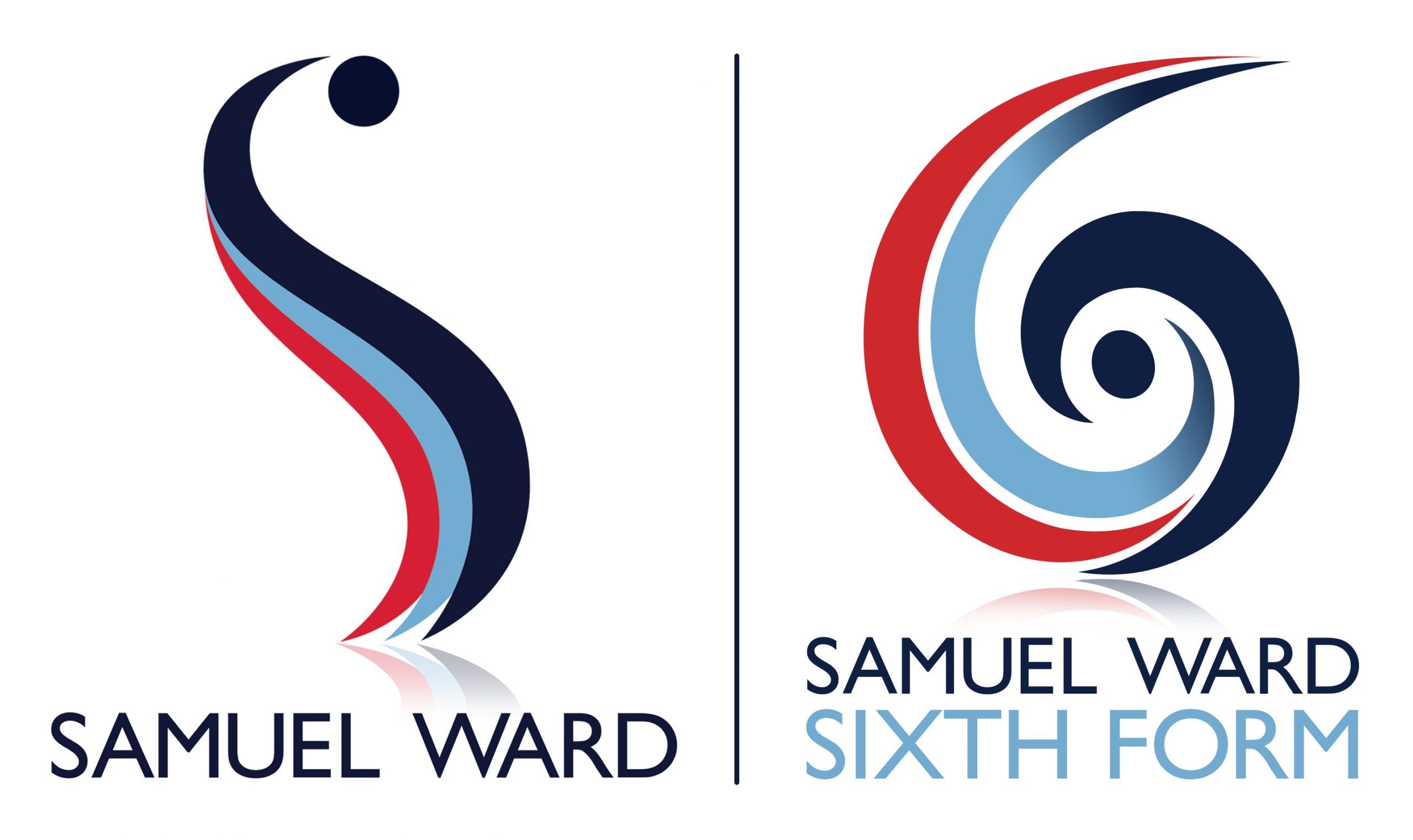Reading Lists and Information
Reading regularly leads to greater success and happiness.
A study at The Institute of Education (UCL 2013) found that children who read for pleasure made more progress in maths, vocabulary and spelling, between the ages of 10 and 16, than those who rarely read.
Further research (OECD report 2010) found that parents reading books with their children had the greatest effect on performance in school generally AND that the highest achieving children receive encouragement with reading well into their teens.
More recently, a study by the National Literacy Trust (2018) found that “Children who are the most engaged with literacy are three times more likely to have higher levels of mental wellbeing than children who are the least engaged”.
What can you do?
Read together
- Make space to read as a family
- Read to each other
- Read extracts out loud
- Read the same book/article at the same time
- Compete to see who can reach the next chapter first
- Talk about what you have read
Harness the technology
- E-readers can be great motivators and actively encourage children to broaden their vocabulary.
- Audio books and e-readers are excellent ways of engaging dyslexic students and those who find reading challenging with the joys of reading.
- Unplug the electronic devices in the car for part of the journey and listen to an audio book instead.
Present books as something special
- Make going to the library or bookshop a treat which you still do together.
- Make books and book vouchers rewards, especially for achievements linked to reading and progress. Never use reading as a punishment.
- Encourage your son/daughter to choose a book from the Samuel Ward 50 list. Reward points are available for this.
Further information
- The Week Junior is a new current affairs magazine for children aged between 8 and 14. It claims to “expand young people’s horizons, introducing them to the world outside the classroom, bringing to life what they learn in school”.
- Book Bub offers a selection of free e-readers, which can be downloaded onto devices such as kindles. You can find it at https://www.bookbub.com/home/
- Project Gutenberg offers over 53,000 free e-books. Choose among free e-pub books, free kindle books, download them or read them online.
- Open Culture offers over 900 free audio books to download. You can find it at https://www.openculture.com/freeaudiobooks
And remember…
Books, newspapers, magazines (and their online equivalents) are the greatest self-educators we have. People who read become life-long learners.
